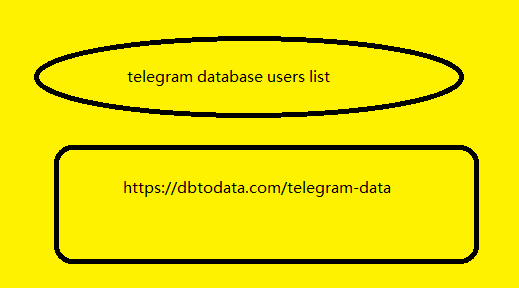Circular 68/2019/TT-BTC guiding on electronic invoices officially took effect from November 14, 2019. However, according to this Circular, some old legal documents on electronic invoices will still be effective until October 31, 2020. So what regulations should businesses apply during this electronic invoice conversion period?
>> Should you proactively register for electronic invoices or wait until the deadline of November 1, 2020?
In 2020, what do businesses need to prepare to use electronic invoices?
Table of Contents Hide
1. What regulations apply during the period of converting to electronic invoices from November 1, 2018 to October 31, 2020?
2. Some changes in the use of electricity laos telegram data bills from November 1, 2020 that accountants need to pay close attention to
2.1 Register to use electronic invoices
2.2 Convert electronic invoices to paper documents
2.3 Time of electronic invoice creation
How to handle incorrect electronic invoices
1. What regulations apply during the period but each industry has its own nuances of converting to electronic invoices from November 1, 2018 to October 31, 2020?
On September 12, 2018, the Government issued Decree 119/2018/ND-CP regulating electronic invoices when selling goods and providing line data services, which clearly stipulates:
From November 1, 2018, newly established units must use electronic invoices.
From November 1, 2018 to November 31, 2020, units will convert to electronic invoices.
From November 1, 2020, 100% of units must use electronic invoices
Article 35 of the Decree also clearly states the time for mandatory conversion as follows:
This Decree takes effect from November 1 2018.
– During the period from November 1, 2018 to October 31, 2020, Decrees No. 51/2010/ND-CP dated May 14, 2010 and No. 04/2014/ND-CP dated January 17, 2014 of the Government regulating invoices for the sale of goods and provision of services are still in effect.
– From November 1, 2020, Decrees No. 51/2010/ND-CP dated May 14, 2010 and No. 04/2014/ND-CP dated January 17, 2014 of the Government regulating invoices for the sale of goods and provision of services cease to be effective.
In addition, Article 26 of Circular 68/2019/TT-BTC provides more specific additional guidance for Decree 119/2018/ND-CP:
“1. This Circular takes effect from November 14, 2019.
From the effective date of this Circular to
October 31, 2020, the following documents issued by the Ministry of Finance remain effective:
a) Circular No. 32/2011/TT-BTC dated March 14, 2011 of the Ministry of Finance providing guidance on the creation, issuance and use of electronic invoices for the sale of goods and provision of services;
b) Circular No. 191/2010/TT-BTC dated December 1, 2010 guiding the management and use of transport invoices;
c) Circular No. 39/2014/TT-BTC dated March 31, 2014 of the Ministry of Finance (amended and supplemented by Circular No. 119/2014/TT-BTC dated August 25, 2014, Circular No. 26/2015/TT-BTC dated February 27, 2015 of the Ministry of Finance).

